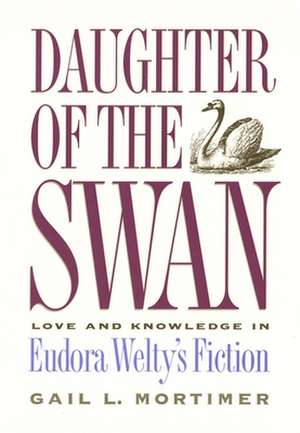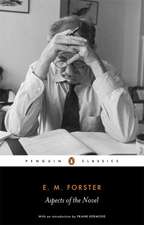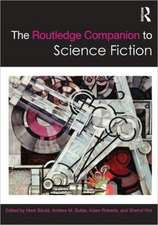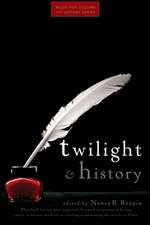Daughter of the Swan
Autor Gail L. Mortimeren Limba Engleză Hardback – 30 sep 1994
Preț: 353.62 lei
Nou
Puncte Express: 530
Preț estimativ în valută:
67.66€ • 70.65$ • 56.00£
67.66€ • 70.65$ • 56.00£
Carte disponibilă
Livrare economică 14-28 martie
Preluare comenzi: 021 569.72.76
Specificații
ISBN-13: 9780820316338
ISBN-10: 0820316334
Pagini: 213
Dimensiuni: 158 x 235 x 25 mm
Greutate: 0.55 kg
Ediția:New.
Editura: University of Georgia Press
ISBN-10: 0820316334
Pagini: 213
Dimensiuni: 158 x 235 x 25 mm
Greutate: 0.55 kg
Ediția:New.
Editura: University of Georgia Press
Notă biografică
Textul de pe ultima copertă
In this book the author explores a number of Welty's assumptions about the nature of knowledge and the contexts in which it can take place, using as clues Welty's explicit treatment of the subject and the premises that come through in her use of imagery and her narrative choices.












